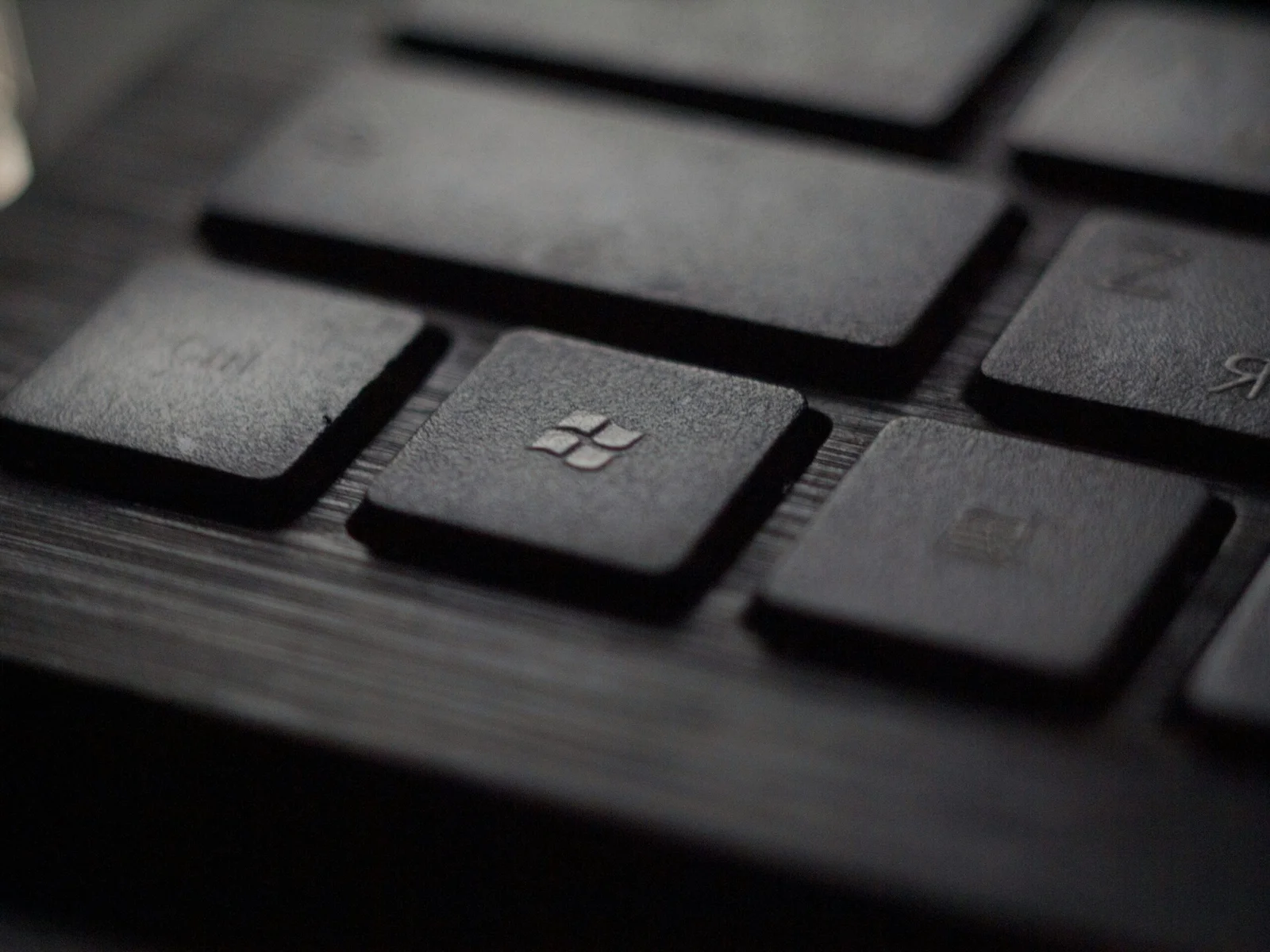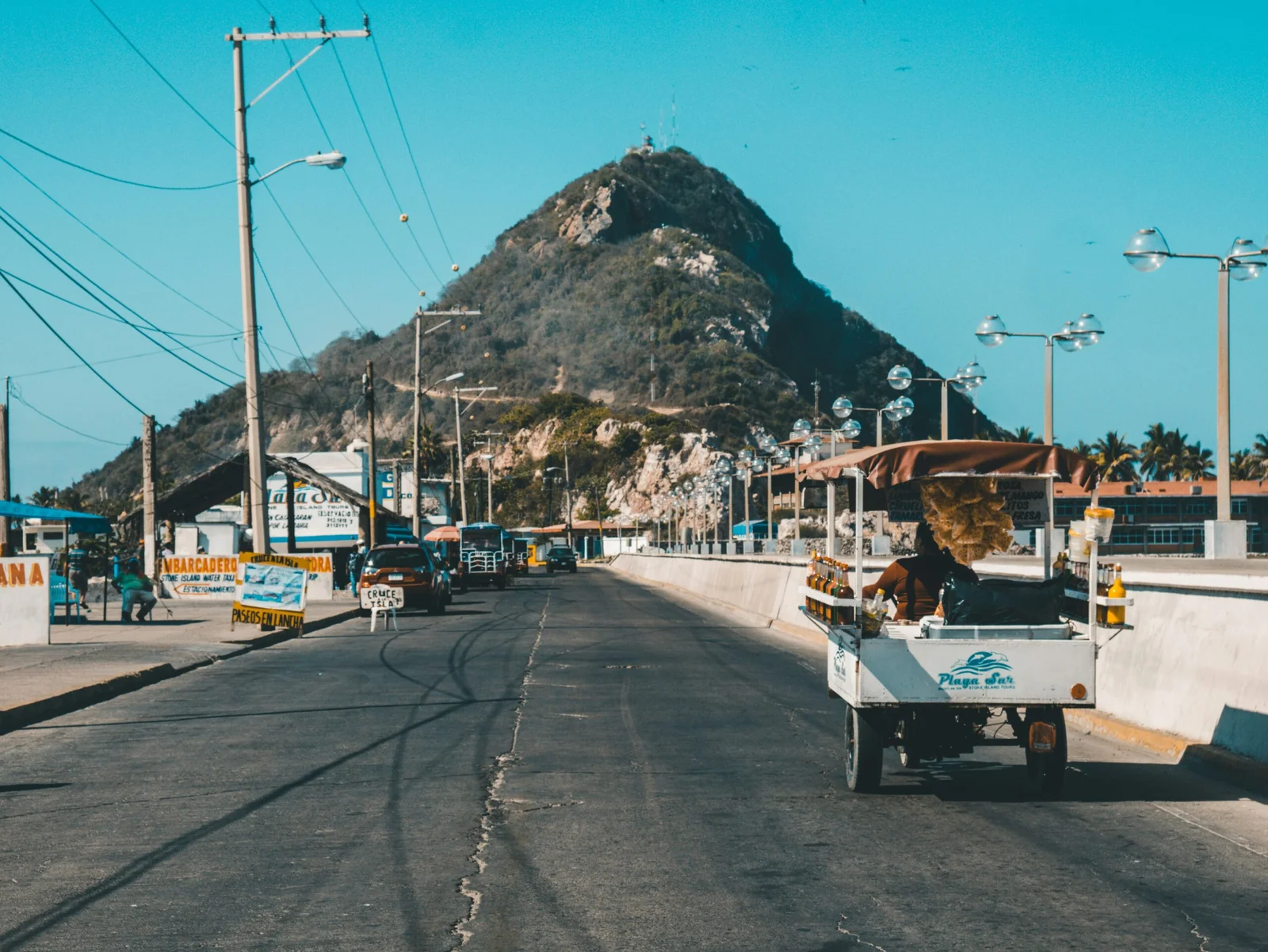Celebrating Bonifacio Day: A November 30 Tradition

Understanding Bonifacio Day
Bonifacio Day is a significant event in the Philippines, commemorating the birth of Andres Bonifacio, a revolutionary leader and a national hero. Celebrated annually on November 30, this day serves as a reminder of the sacrifices made during the struggle for independence from colonial rule. It is a time for Filipinos to reflect on their history and honor those who fought for freedom.
Traditions and Celebrations
The Bonifacio Day celebration often includes various activities across the country, highlighting cultural performances, parades, and ceremonies. Schools and local communities organize programs that focus on the life and contributions of Andres Bonifacio, encouraging younger generations to appreciate their heritage. Special rites are held in places with historical significance, reinforcing the collective memory of the nation’s fight for liberty.
Modern Significance of Bonifacio Day
While the historical context of Bonifacio Day is vital, its modern significance cannot be overlooked. It serves as an opportunity for people to unite and express their nationalism. As Filipinos gather on November 30, they not only celebrate Bonifacio’s legacy but also discuss contemporary issues related to freedom and social justice. This public observance continues to inspire collective action and a sense of Filipino identity.








No Comments